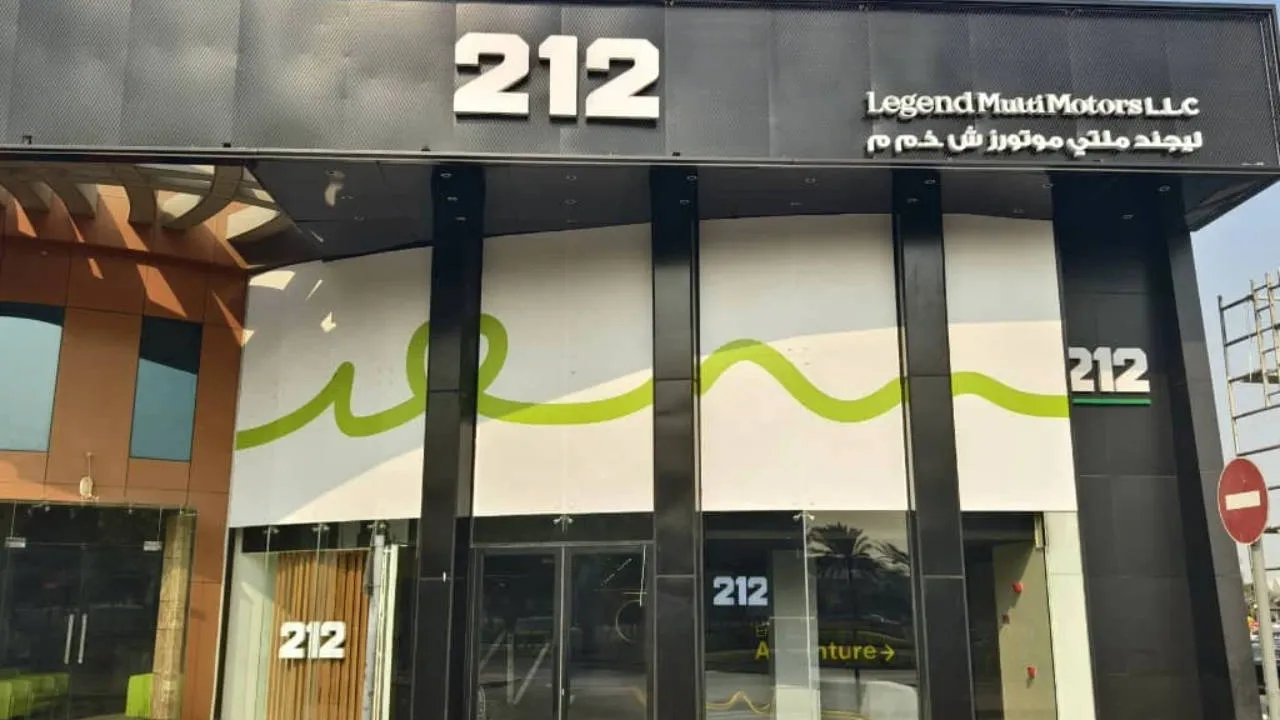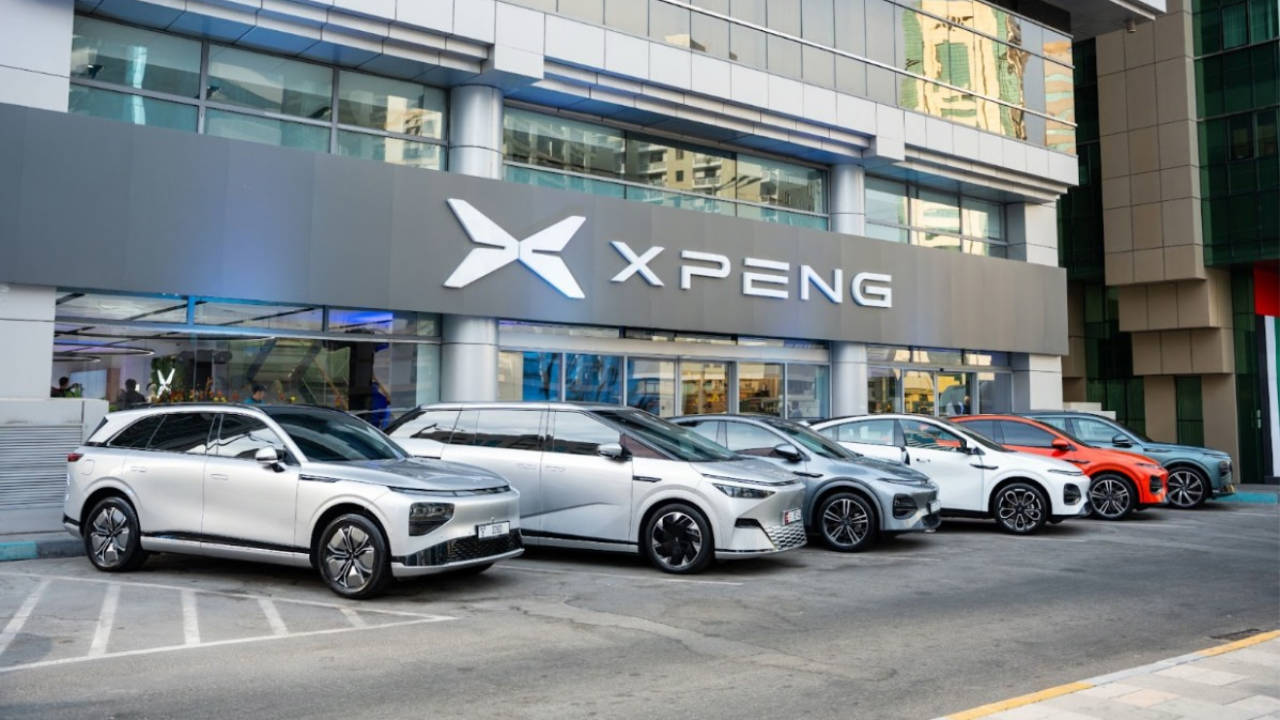Dubai’s RTA Announces Zero Emission Plan 2050 — Public Transport In Dubai To Go Electric
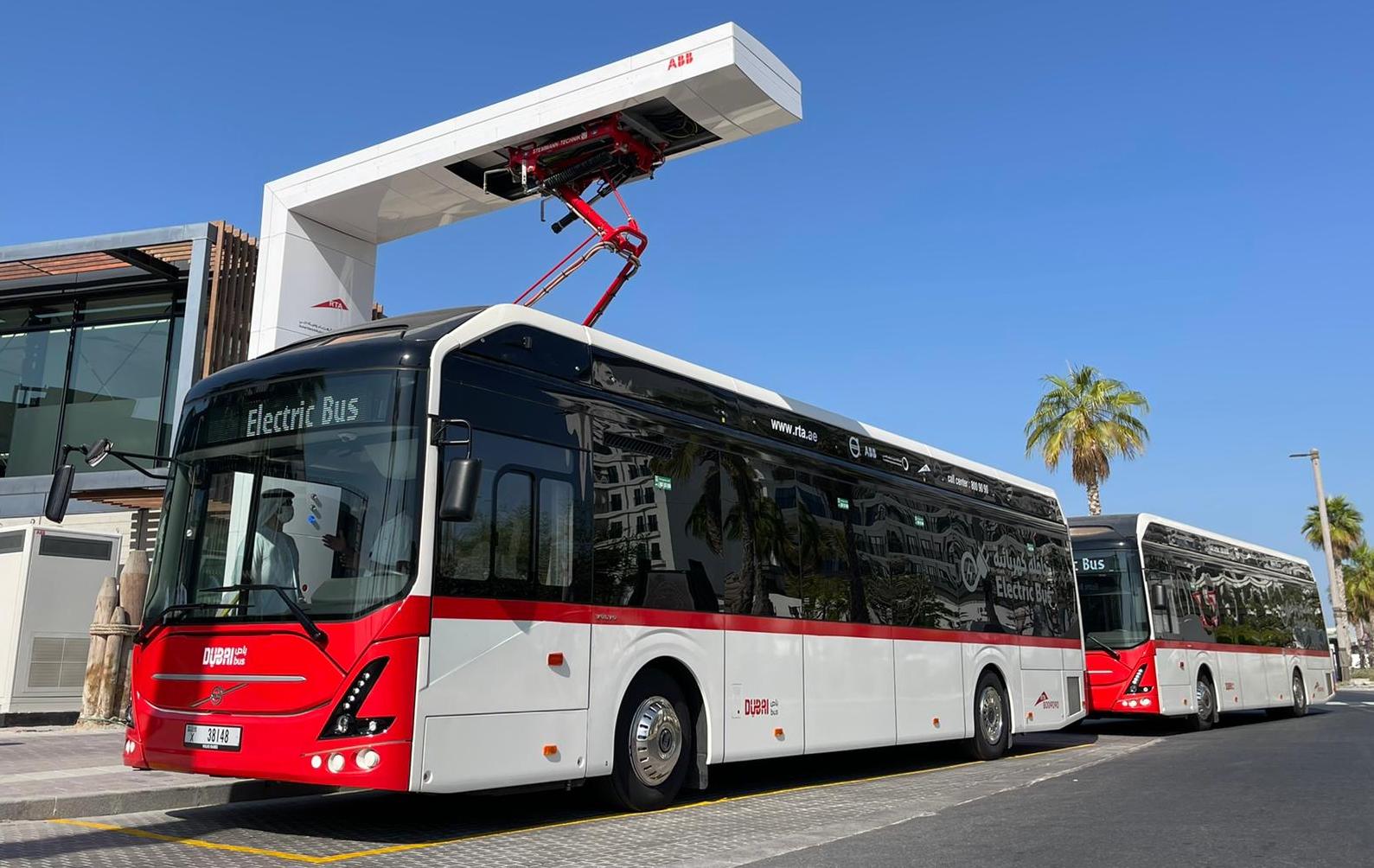
Dubai’s Roads & Transport Authority (RTA) has announced the Zero Emission Plan 2050. The new plan to reduce net emissions to Zero by 2050 will be applicable to RTA Public Transport, Buildings, and even Waste Management.
Environmental awareness is at its highest point yet. People, governments, and public authorities all across the world have recognised the need to plan and execute programs and projects to reduce our impact on the environment. Several countries have already announced their action plan to reduce emissions over the next few decades.
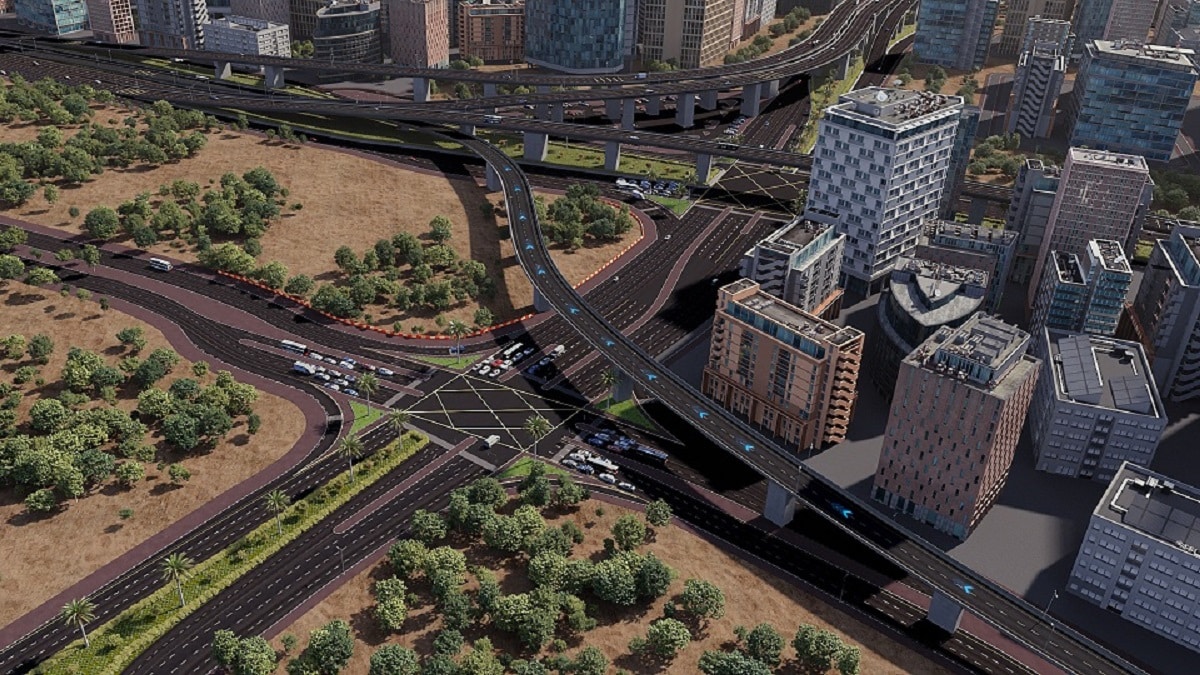
In 2022, the UAE government announced the UAE Net Zero by 2050 strategic initiative. By doing so, the UAE became the first MENA country to announce an initiative towards achieving net zero emissions. Now, Dubai’s RTA has announced the Zero Emission Plan 2050.
Among the seven Emirates in the UAE, Dubai is the one with the highest population, which corresponds to the highest number of vehicles, and this in turn leads to Dubai being the Emirate with the highest emissions. The RTA is the authority for everything related to transportation in Dubai and hence it also shoulders immense responsibility in planning and acting on green projects.
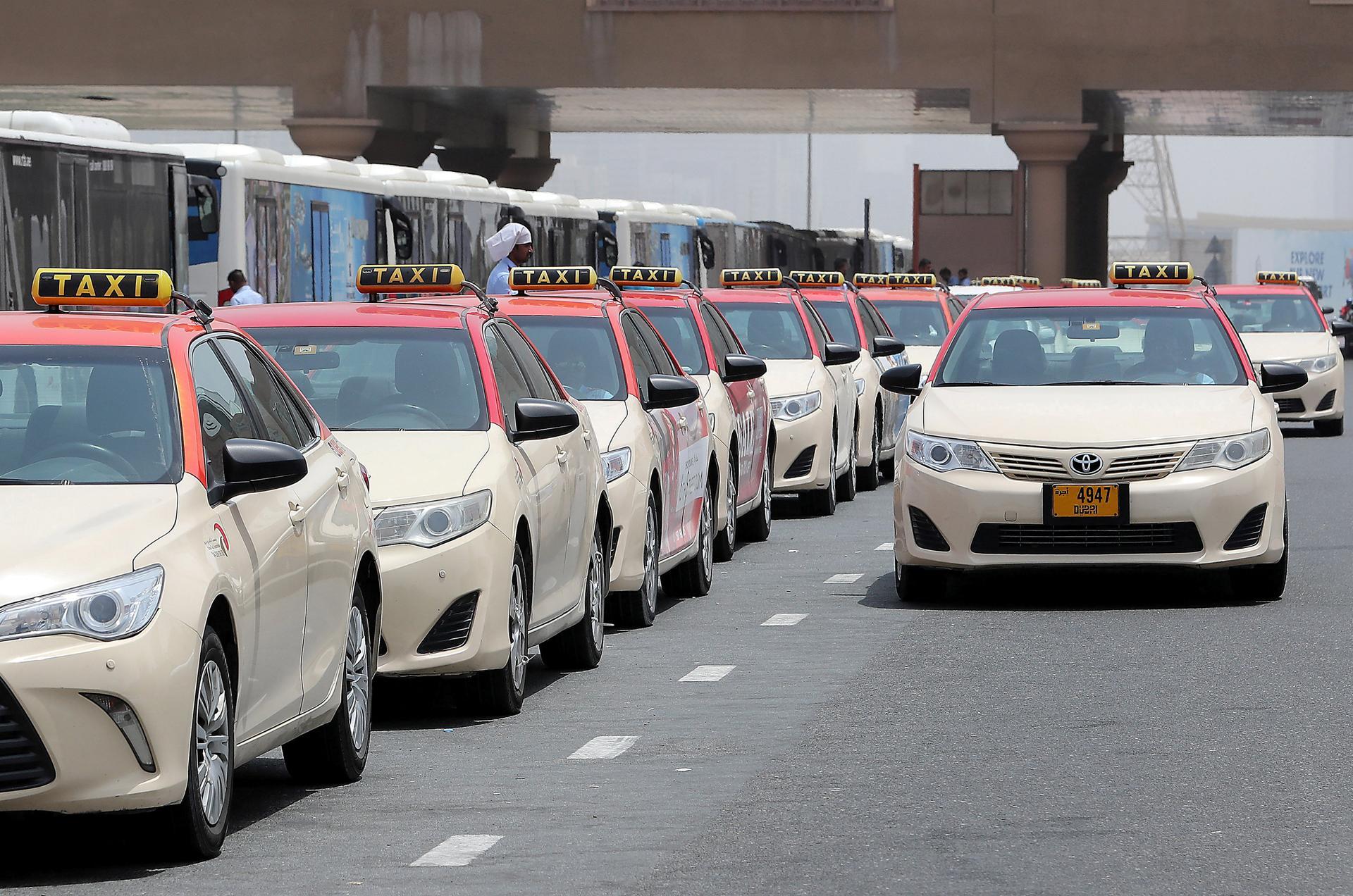
The UAE is all set to host the 2023 United Nations Climate Change Conference (COP28) from 30 November to 12 December 2023. The RTA has outlined its timeline for achieving Zero Emissions ahead of this extremely important event.
Hybrid, Electric & Hydrogen-Powered Buses & Taxis In Dubai
There are around 11,500 Taxis currently plying on Dubai’s roads and 72 percent of them are strong hybrids. It was in 2017 that the RTA started the electrification of Dubai’s Taxis and announced that 50 percent of the Taxis would be Hybrids by 2021.
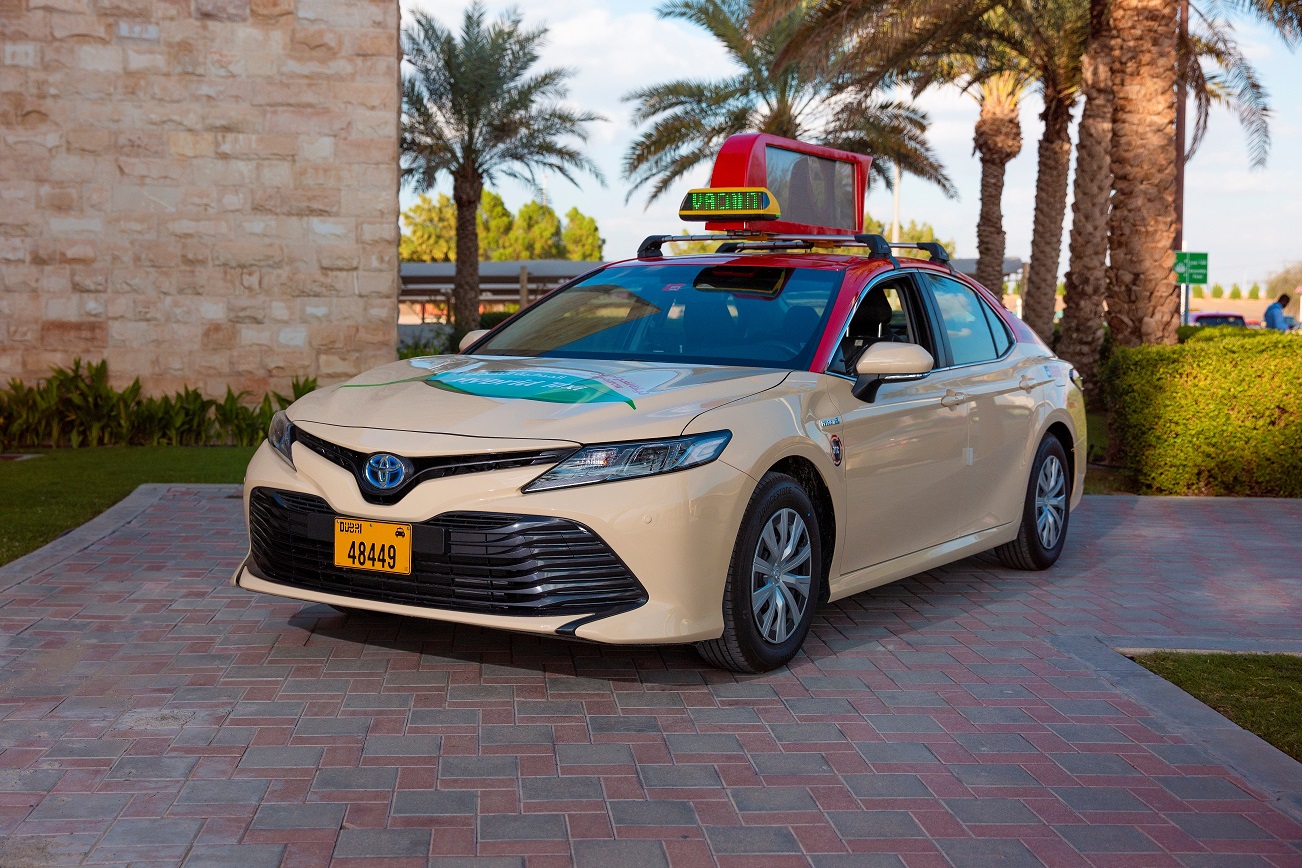
The remainder of Dubai’s Taxis is expected to give way to Hybrids over the next couple of years. These Taxis are strong hybrids and are very efficient. Electric Taxis are expected to be introduced over the coming years. Here’s an in-detail comparison of the differences between Electric Vehicles & Hybrids.
30 percent of the Taxis in Dubai are expected to be replaced by electric/hydrogen models by 2030. This number will increase to 50 percent by 2035 & 100 percent by 2040.
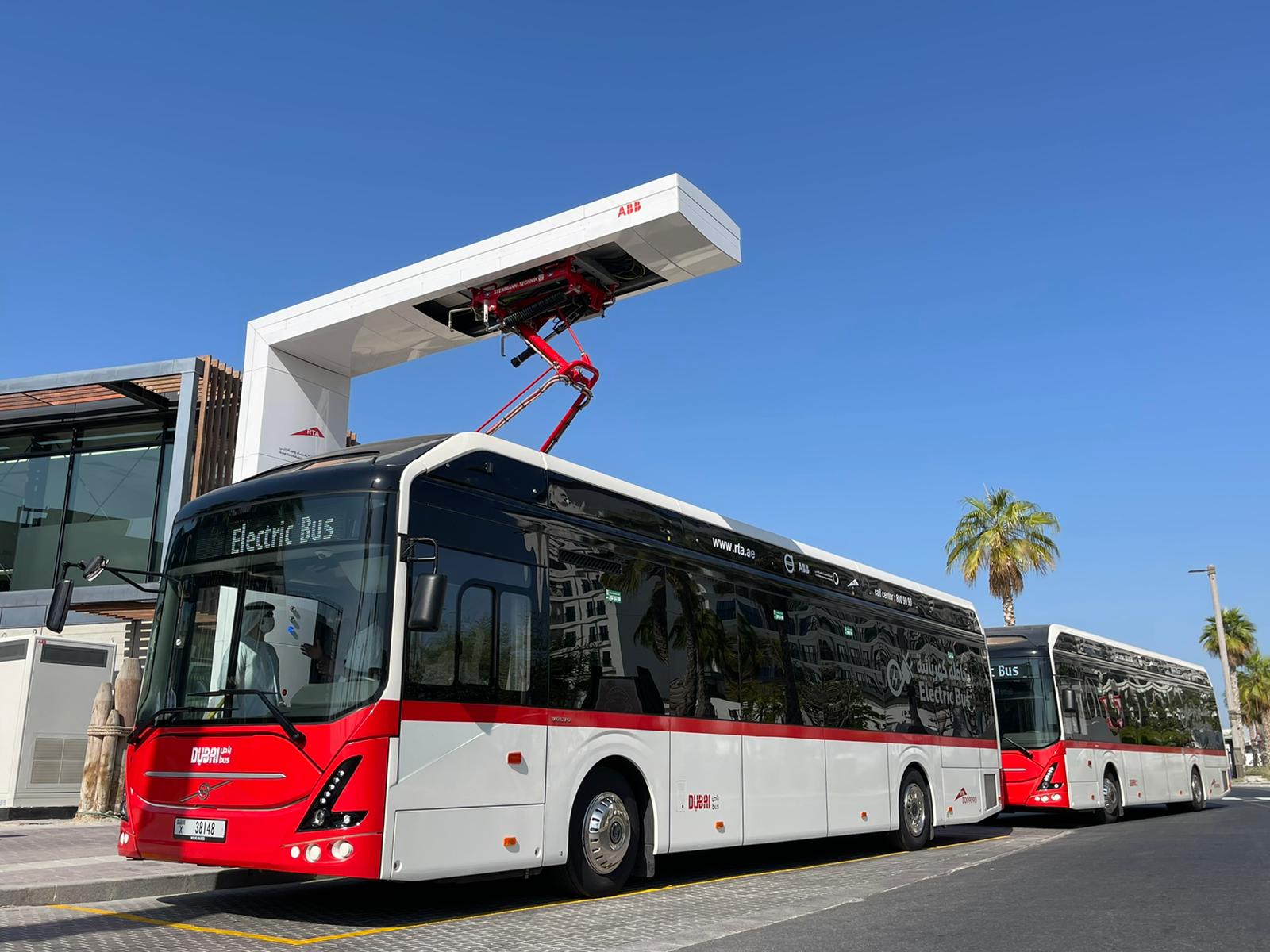
The RTA also operates over 1,500 buses and these buses are currently powered by diesel engines. In 2022, the RTA launched trial operations of electric buses and more electric buses will replace diesel-powered buses in the RTA fleet.
10 percent of buses in the UAE will be replaced by electric/hydrogen models by 2030. This number will rise to 20 percent by 2035, 40 percent by 2040, 80 percent by 2045 & 100 percent by 2050.
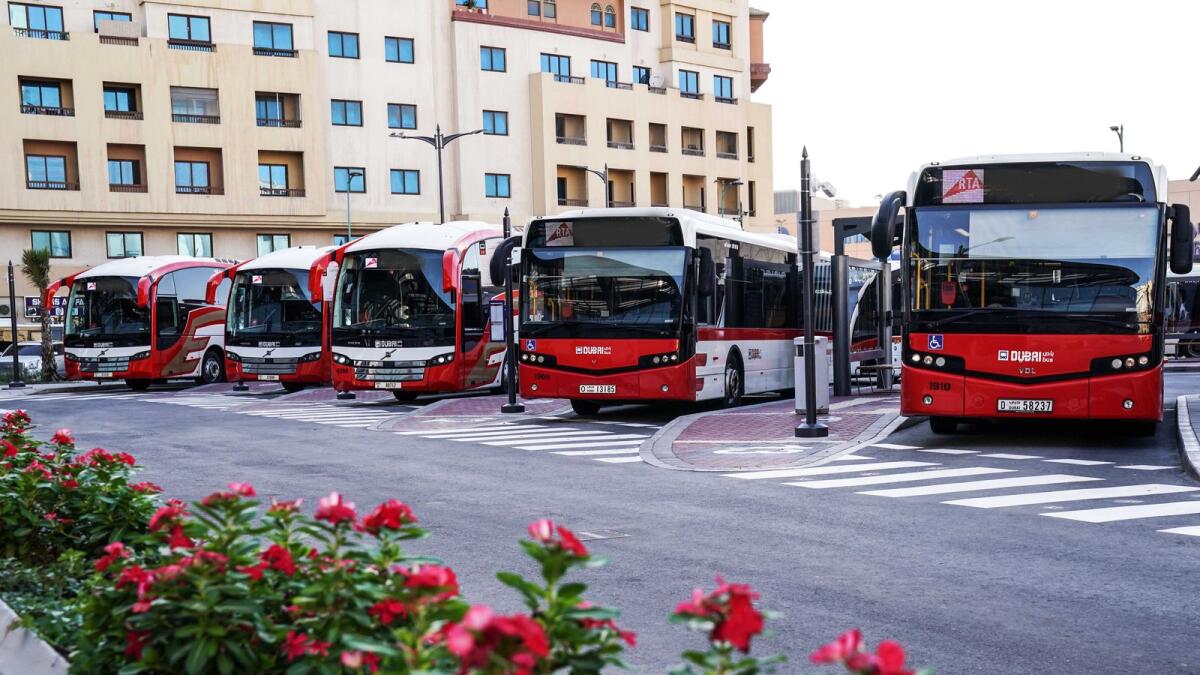
Mattar Al Tayer, Director-General and Chairman of the Board of Executive Directors, RTA, said, “The new strategy outlines a comprehensive approach to sustainability within RTA. Its primary objective is to enhance sustainability and reduce carbon dioxide emissions. At the same time, it contributes to realising RTA’s mission of achieving global leadership in smooth and sustainable mobility through innovative roads and transport services that elevate the customer experience to world-class standards.
Electric vehicles are the next big thing in the automotive industry and everyone could play a part in the UAE’s attempts to get to zero emissions. Check out used electric cars for sale in the UAE & new electric cars for sale in the UAE.
Also Read:
– Volvo’s Least Expensive EV Coming Soon
– Best-Selling Electric Vehicles In The World
– Rolls-Royce Spectre EV Waiting Periods Extend Into 2025


